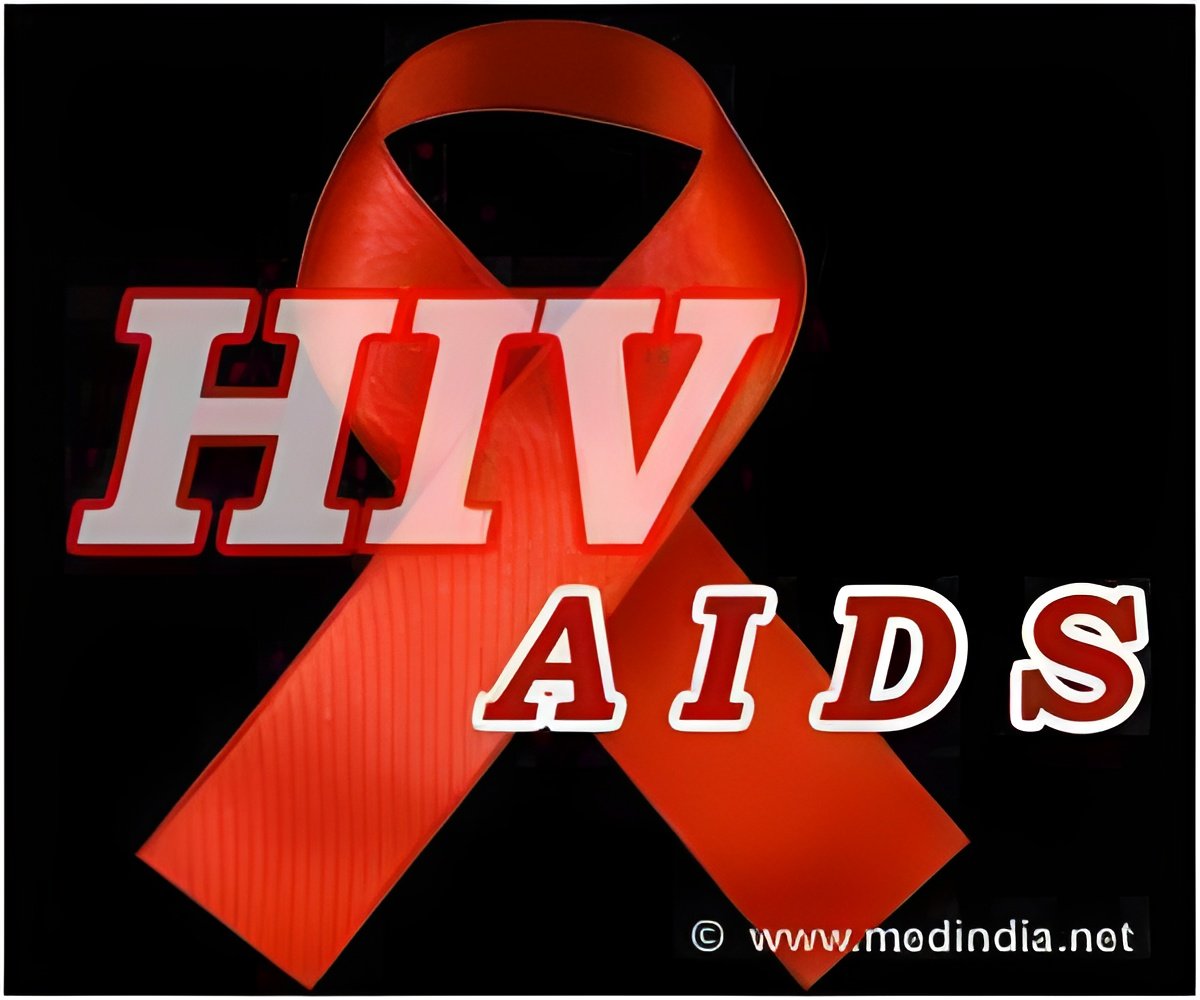Community health activists in Washington have come up with a novel way for people to save their own lives while passing time.

The voluntary tests take place in a small, poster-lined office just off the DMV waiting room. They are also free -- with a $15 discount on DMV services thrown in as an incentive.
"It's safer to know than to not know," said construction laborer Luis Angel Hough, 23, running a swab around the inside of his lips that revealed his negative HIV status in a matter of minutes.
Exploring ways to ramp up voluntary HIV testing globally is among topics to be considered at the six-day International AIDS Conference that opens Sunday in Washington.
Offering tests in public places where people find themselves waiting -- such as the Anacostia DMV office, five miles (eight kilometers) along Pennsylvania Avenue from the White House -- is one innovation.
With its low-income neighborhoods, Anacostia is the center of the HIV-AIDS epidemic in Washington, whose city-wide prevalence rate of 2.7 percent (nearly 15,000 people) exceeds that of many developing countries.
Advertisement
Since then it has tested about 9,000 people, more than through any of its other testing initiatives. It has also set up a similar facility in a food stamp office, testing 3,500 people since November last year.
Advertisement
It also "gives us an opportunity to reduce the stigma that is associated with HIV testing and with HIV in the community," she said.
Every few minutes, a member of Family and Medical Counseling Service makes a short speech in the DMV waiting room, inviting people to volunteer for a simple swab test that takes about 20 minutes to complete.
Those with negative results get a certificate saying as much. Those who are positive can get a ride immediately to another nearby office for a confirmatory blood test and medical counseling.
"This issue of people not knowing their HIV status is still substantial," said Wood, a native Washingtonian who has lost two family members to AIDS.
"We know about HIV, we know it exists, but there are still too many residents that do not know their HIV status."
In its annual HIV-AIDS report, Washington's health department said: "Men having sex with men and heterosexual contact are the two leading transmission modes of new HIV cases."
Wood confirmed that "we're seeing more heterosexual contact" resulting in HIV infection, alongside "a large number of (drug) injectors and women who have been affected through behavior related to their drug use."
Julie Bell, 39, emerged from her test very relieved, if a bit annoyed that her occasional male partner expected her to undergo the test to save him the trouble of getting tested himself.
"People live very loose lifestyles now. They change lovers like the seasons," she lamented. "You know, it (HIV) needs to be taken a little more seriously. I've been considering going celibate myself."
Source-AFP








